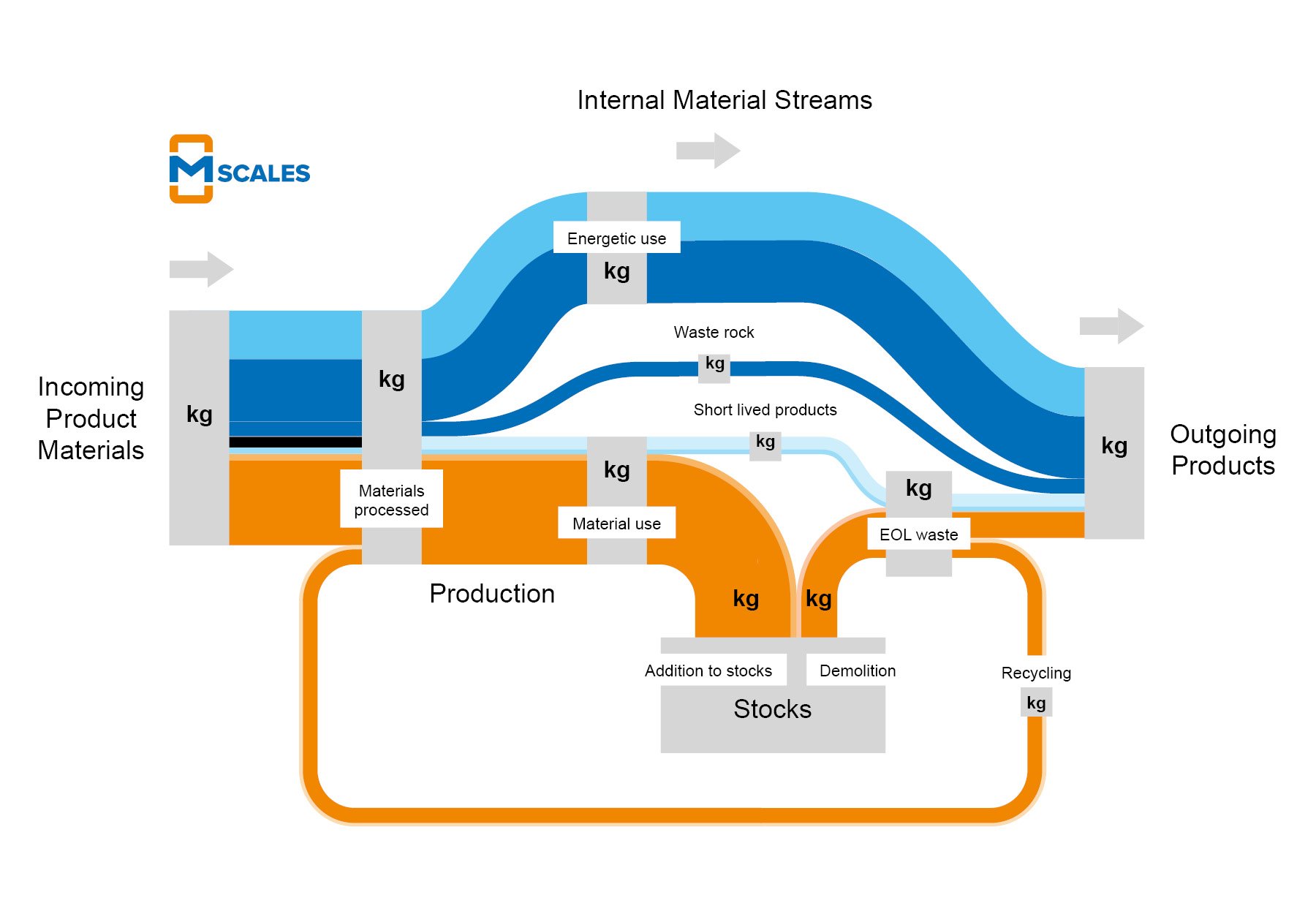ERP (Enterprise Resource Planning) refers to an enterprise resource planning system that unifies a company’s core functions, such as inventory management, production, financials, and logistics, into a single platform. ERP systems enable centralized business data management, improving process efficiency and the quality of decision-making.
Integrating scales with an ERP system through an API interface is a natural step in enhancing modern material flow management. It ensures that weighing data is transferred directly and in real time to the system that guides the company’s operations, speeding up information flow and reducing the risk of errors.
What Are APIs and REST APIs?
API (Application Programming Interface) is a programming interface that enables different software systems to communicate and share information. It serves as a data transfer channel that automates processes and connects systems into a cohesive whole.
REST API (Representational State Transfer) is one of the most used API types. It uses the HTTP protocol for data transfer, making it user-friendly, scalable, and quick to implement. REST API is an excellent choice for transferring data between scales and ERP systems as it enables fast and seamless integration, regardless of the size or complexity of the systems.

How Does API Integration Work Between Scales and ERP Systems?
Through an API interface, weighing data collected by scales is automatically transferred to the ERP system without manual input. Once a scale performs a measurement, the weighing data is stored in a system from which it can be accessed through the API by the ERP system or other applications. This process:
- Reduces Errors: Manual data entry is no longer necessary.
- Speeds Up Data Flow: Data becomes immediately available for all processes.
- Improves Transparency: All stakeholders can view real-time data from a centralized system.
Benefits of API Integration for Scales and ERP Systems
Integrating scales with ERP systems using an API interface offers businesses several key advantages. Real-time data transfer ensures that weighing data is instantly available in the ERP system, accelerating decision-making and minimizing delays. Automation reduces the need for manual work, freeing up staff for other tasks.
Real-time weighing data also facilitates inventory management, enabling more precise tracking of material movement and optimization of inventory levels. The flexibility and scalability of API interfaces make it easy to integrate new scales and locations into the system without requiring significant changes to existing infrastructure. Additionally, secure connections and encrypted data transmission ensure that critical business information remains protected, meeting stringent data security requirements.
Explore more: Use a Cloud-Based ERP to Manage Scales and Support Business Growth
Best Practices for Integrating Scales with ERP Systems via APIs
To ensure a smooth process when integrating scales with an ERP system through an API interface, a few key factors should be considered:
- Compatibility: Ensure that the scale and ERP system can communicate through the API interface without additional modifications. Compatibility guarantees smooth data exchange.
- Thorough Testing: Test data transfer between systems via the API before large-scale implementation. This helps identify potential errors or bottlenecks at an early stage.
- Utilizing Real-Time Data: Leverage the API’s real-time data transfer capabilities so that weighing information is updated instantly in the ERP system without manual intervention.
- Security Measures: Use encrypted connections and secure API keys to ensure safe and protected data transmission.
By adhering to these practices, businesses can ensure effective and disruption-free integration, with the API serving as a bridge for seamless data exchange between scales and ERP systems.
The Impact of ERP Integration on Material Flow Management
ERP integration enables companies to manage material flows more efficiently and accurately. Real-time weighing data aids in optimizing inventory management, improving supply chain oversight, and accelerating decision-making. Automation saves time and resources, resulting in cost savings and enhanced competitiveness.
Integration provides businesses with better visibility across the entire supply chain, allowing them to react quickly to changing circumstances. This makes the integration of scales and ERP systems through APIs a strategically significant step in supporting modern and efficient business operations.

Future Outlook: APIs and Weighing Systems
The role of APIs in weighing systems is expected to grow further with advancing technology. The integration of artificial intelligence and machine learning into data analysis could unlock new opportunities for optimizing processes and making predictions. Additionally, improvements in the user-friendliness of integrations are expected to simplify implementation and reduce costs, making these solutions more accessible to smaller businesses. These trends reflect the continuous evolution of technology and the increasing demands for flexibility and scalability in information systems.
Download our guide "Artificial Intelligence in Industrial Weighing Processes" and explore how AI is shaping the future of weighing:

FAQ about API-based Integration Between Scales and ERP Systems
Can older scales be connected to an ERP system via an API?
Yes, any scale can be connected to the cloud. mScales can act as a bridge, collecting the data from the scale and transferring it to the ERP system via an API connection.
Which ERP systems support API connectivity?
Most modern ERP systems support API connectivity for integrating with other software such as weighing systems like mScales. Popular ERP solutions from providers like SAP, Microsoft D365, NetSuite, Odoo, and Epicor include built-in API capabilities.
How is data security ensured in API-based integration?
Data security is ensured by using encrypted API connections, secure keys, and strict access controls. mScales meets ISO-level data protection standards and supports HTTPS encryption and role-based access management.
Read more: Choosing the right Weighbridge Solution: Software vs. Hardware
How to choose the right weighing system for trucks?
Book a consultation with an expert: